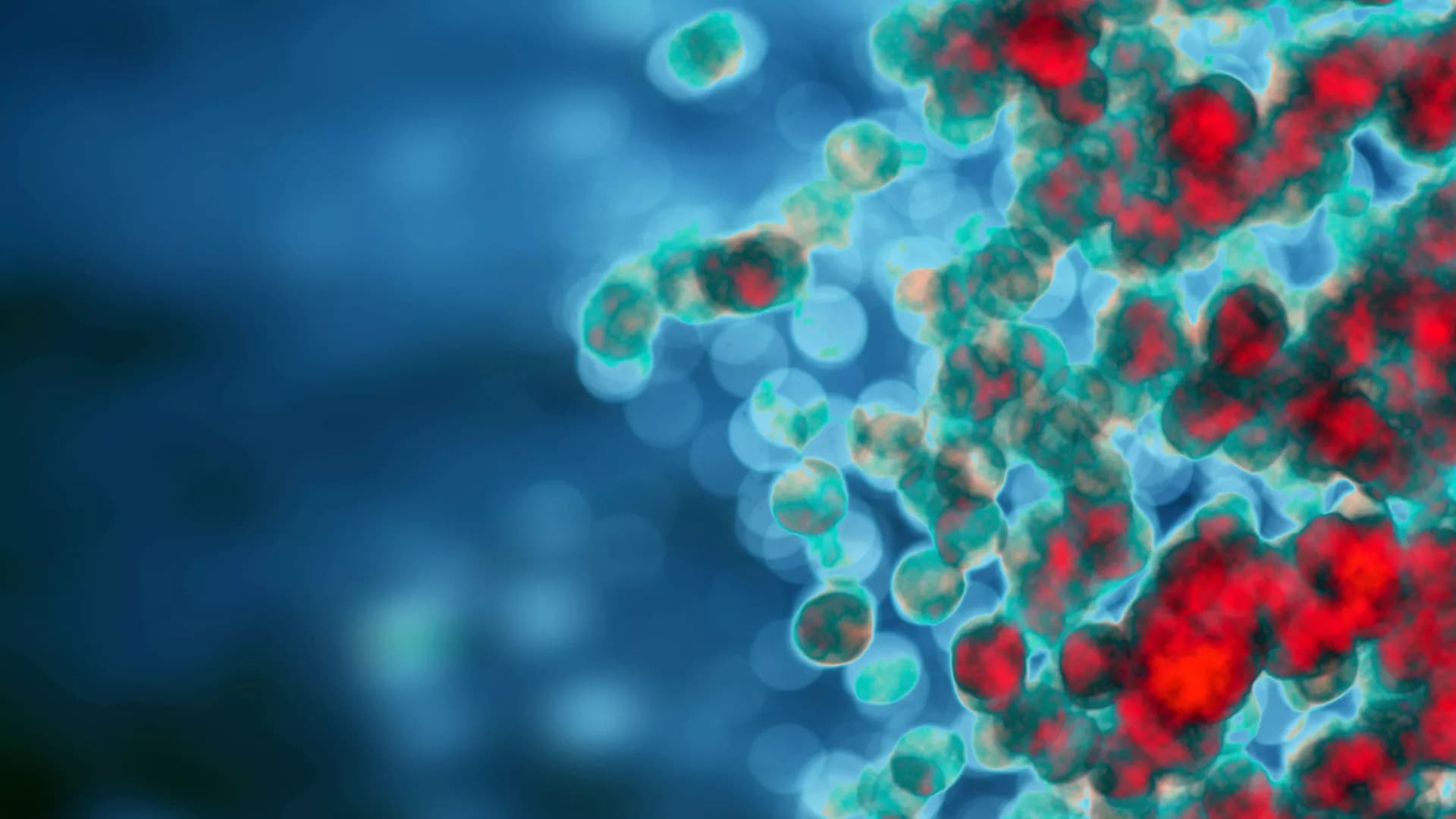Thyroid cancer is the most common type of malignancy affecting the endocrine system. The most frequent types of thyroid cancer include papillary carcinoma (PTC; about 80% of cases), follicular carcinoma (FTC; 10%), poorly differentiated carcinoma (PDTC; 4–6%), and anaplastic carcinoma (ATC; 2–5%), all derived from follicular epithelial cells. Another category of thyroid cancer is known as medullary carcinoma (MTC; 5–10%), which is derived from Parafollicular, or C cells. There are six types of standard treatment for thyroid cancer: surgery, radioiodine therapy, chemotherapy, thyroid hormone therapy, targeted therapy, and watchful waiting. In particular, during targeted therapy drugs or other substances are used to identify and attack specific cancer cells. Targeted therapies usually cause less harm to normal cells compared to chemotherapy or radiation. This therapeutic approach has attracted more attention in recent years due to the discovery of new targeted molecules involved in different aspects of cancer development.
The overall purpose of this special issue is to provide a more complete picture of how different angels of programmed cell deaths can be targeted to cease thyroid cancer promotion and progression. The issue will focus on studies showing the effect of new and efficient drugs on the inhibition of thyroid tumor proliferation/survival and cancer progression. Particular attention will be given to therapies targeting apoptosis, autophagy, parthanatos, and necroptosis, including their underlying mechanisms of action. Finding novel and effective drugs targeting cell death processes could lead to the identification of more efficient therapeutic modalities against thyroid cancer and improve treatment outcomes in patients.
The scope of this special issue will include research on therapies targeting (1) apoptotic cell death, (2) autophagy (3) necroptosis, and (4) parthanatos in different types of thyroid cancer. Studies may include preclinical research on the effects of drugs in different thyroid cancer models, both in vitro and in vivo. We also encourage clinical studies examining various therapeutic agents, both as a single agent or as a combinational method, to increase the overall survival of the patients. These agents should be established that affect cell death mechanisms in preclinical settings. Authors are invited to submit original research, review, or mini-review articles that cover recent and current knowledge on the therapeutic agents targeting the mentioned programmed cell death mechanisms.
Thyroid cancer is the most common type of malignancy affecting the endocrine system. The most frequent types of thyroid cancer include papillary carcinoma (PTC; about 80% of cases), follicular carcinoma (FTC; 10%), poorly differentiated carcinoma (PDTC; 4–6%), and anaplastic carcinoma (ATC; 2–5%), all derived from follicular epithelial cells. Another category of thyroid cancer is known as medullary carcinoma (MTC; 5–10%), which is derived from Parafollicular, or C cells. There are six types of standard treatment for thyroid cancer: surgery, radioiodine therapy, chemotherapy, thyroid hormone therapy, targeted therapy, and watchful waiting. In particular, during targeted therapy drugs or other substances are used to identify and attack specific cancer cells. Targeted therapies usually cause less harm to normal cells compared to chemotherapy or radiation. This therapeutic approach has attracted more attention in recent years due to the discovery of new targeted molecules involved in different aspects of cancer development.
The overall purpose of this special issue is to provide a more complete picture of how different angels of programmed cell deaths can be targeted to cease thyroid cancer promotion and progression. The issue will focus on studies showing the effect of new and efficient drugs on the inhibition of thyroid tumor proliferation/survival and cancer progression. Particular attention will be given to therapies targeting apoptosis, autophagy, parthanatos, and necroptosis, including their underlying mechanisms of action. Finding novel and effective drugs targeting cell death processes could lead to the identification of more efficient therapeutic modalities against thyroid cancer and improve treatment outcomes in patients.
The scope of this special issue will include research on therapies targeting (1) apoptotic cell death, (2) autophagy (3) necroptosis, and (4) parthanatos in different types of thyroid cancer. Studies may include preclinical research on the effects of drugs in different thyroid cancer models, both in vitro and in vivo. We also encourage clinical studies examining various therapeutic agents, both as a single agent or as a combinational method, to increase the overall survival of the patients. These agents should be established that affect cell death mechanisms in preclinical settings. Authors are invited to submit original research, review, or mini-review articles that cover recent and current knowledge on the therapeutic agents targeting the mentioned programmed cell death mechanisms.









